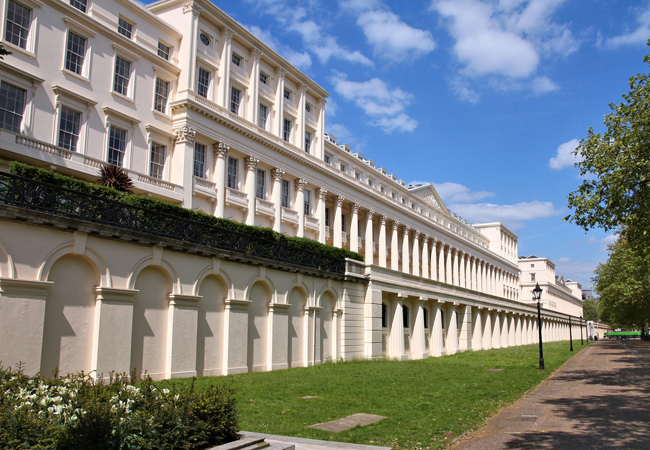
Royal Academy of Engineering
Seven national academies representing science, medicine and engineering have warned that Brexit is damaging science.
In a joint letter, the presidents of the Royal Society, the Royal Academy of Engineering, the Academy of Medical Sciences, the British Academy, the Royal Society of Edinburgh, the Royal Irish Academy and the Learned Society of Wales call on the UK government to make a ‘bold public commitment’ to prioritise research in its negotiations to exit the EU.
‘The result of the EU referendum presents a challenge to maintaining this excellence,’ the letter states. ‘The current uncertainty is having immediate implications and raises many questions. We stand ready to help ensure that Great Britain and Northern Ireland maintain their world-leading position in research and innovation.’
Ease of movement of researchers and students between the UK and EU countries is key to the country’s future excellence, say the academies. ‘It is vital that UK-based researchers and staff from other EU countries are given assurances that they will be able to continue to live and work here. Similarly, opportunities need to be safeguarded for UK researchers to gain experience in other EU countries.’
UK universities receive £850m a year from the EU, and a condition of full access to this money is free movement of people. But, following the referendum, it is unclear whether the UK will still be eligible for EU cash. Cases of British academics being asked to leave EU-funded projects or to step down from leadership roles because they are considered a financial liability, have already been brought to the fore by a confidential survey of the UK’s Russell Group universities.
Of equal concern, they say, is the loss of access to networks that have been built over decades.

